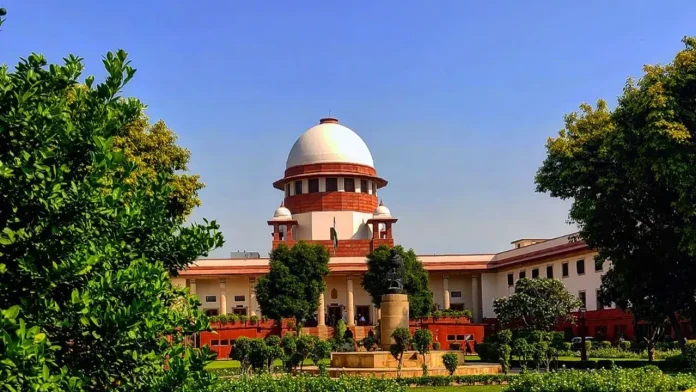After getting the President’s approval, the Wakf Amendment Bill has become a law. However, as soon as it was passed by both the houses of the Parliament, it was challenged in the Supreme Court.
What is the legal principle?
- But it is definitely true that if a detailed decision comes from the Supreme Court after hearing the matter, then there can be a clear system regarding the management of religious charity properties in the country.
- When the Waqf Amendment Act 2025 reaches the court, it becomes necessary to look at the established legal principles while considering any law.
- Retired judge of Allahabad High Court SR Singh says that the Supreme Court considers the legality of any law mainly on three bases.
What are the three exams?
First, the person or organization that passed the law did not have the right to do so, i.e. legislative competence. Second, the law violates any provision of the Constitution or fundamental rights or is against the basic spirit of the Constitution. Third, the law was passed arbitrarily, i.e. arbitrariness.
What is the main basis of the petitions?
What arguments were given in the petition?
The law is not against religious freedom
It is believed that the fundamental right to religious freedom will be the focus of the debate in the Supreme Court and whatever order the Supreme Court gives will be implemented. But if we look at the government’s argument on the law, according to it, this law is not against religious freedom but is related to the management of properties.
Systemic reforms needed
The government is justifying the law by arguing that systematic reforms were needed to address the challenges in Waqf management for which the Waqf Amendment Act 2025 was introduced. By ensuring transparency, accountability and legal oversight, Waqf properties can serve their intended charitable purposes without infringing the rights of non-Muslims and other stakeholders.













